Netherland’s anti-Islam cartoon contest riles Muslims
An anti-Islam cartoon exhibition in the Netherlands has sparked fresh controversy across Europe, drawing ire from Muslims and religious rights activists.
Notorious far-right lawmaker Geert Wilders plans to hold a cartoon contest blaspheming Prophet Mohammed (Peace be upon Him) in November in his right-wing Freedom Party’s heavily guarded offices at the Dutch parliament.
Pakistan has already expressed anger at the event, with authorities there lodging a diplomatic protest against the plan, denouncing it as an attempt to defame Islam and Muslims.
Dutch Prime Minister Mark Rutte on Friday distanced his government from the contest, saying Wilders “is not a member of the government,” and that “the competition is not a government initiative.”
The Dutch premier questioned Wilders’ motive for organizing the event, saying his aim is not to have a debate about Islam.
"His aim is to be provocative,” he said, adding that people in the European country have far-reaching freedom of speech rights.
“This man, Geert Wilders, is known for testing the limits of freedom of expression. He is free to do that,” Rutte said. “The Cabinet wants to make clear it is not a Cabinet initiative.”
Wilders has previously sparked fury in Muslim countries with films and comments against Islam. The opposition lawmaker lives under a round-the-clock guard alleging that he has faced death threats.
Wilders has lately been tried over convictions of criminally insulting religious and ethnic groups and inciting hatred and discrimination.

Wilders has also expressed firm support for anti-refugee campaigns across Europe, which is facing an unprecedented influx of refugees fleeing Western-backed conflicts in the Middle East and North Africa.
In January 2016, the far-right politician said in a video for his party that all male Muslim refugees should be incarcerated in their asylum centers in Europe, claiming it to be necessary for protecting women on the streets.
In the video released in both Dutch and English, he urged the Dutch government to shut the country’s borders to all "asylum-seekers from Muslim countries."
Anti-Muslim sentiments have been on the rise across Europe in recent years in the wake of terrorist attacks in Europe. The attacks were carried out by the Daesh sympathizers or the terror group’s members who returned home following their defeat in Iraq and Syria.
UK arrests Press TV contributor amid crackdown on pro-Palestine activism
VIDEO | Axis of Resistance stands as multinational front for justice
Swiss academics call for end to research treaty with Israel over Gaza genocide
VIDEO | Israeli regime harasses, tortures Gazans returning through Rafah crossing
Israel faces existential threat of internal collapse before centenary, general says
Police fire tear gas as protests erupt against ICE and Israel at Milan Winter Olympics
UK PM’s chief of staff resigns over appointment of Epstein associate as US envoy
Iran leads Islamic world in electric vehicle motor technology



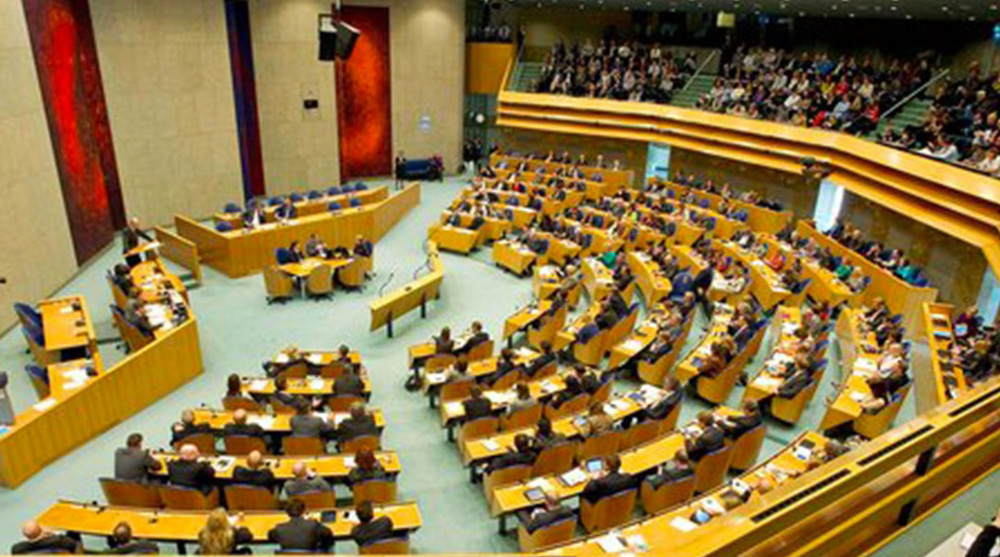
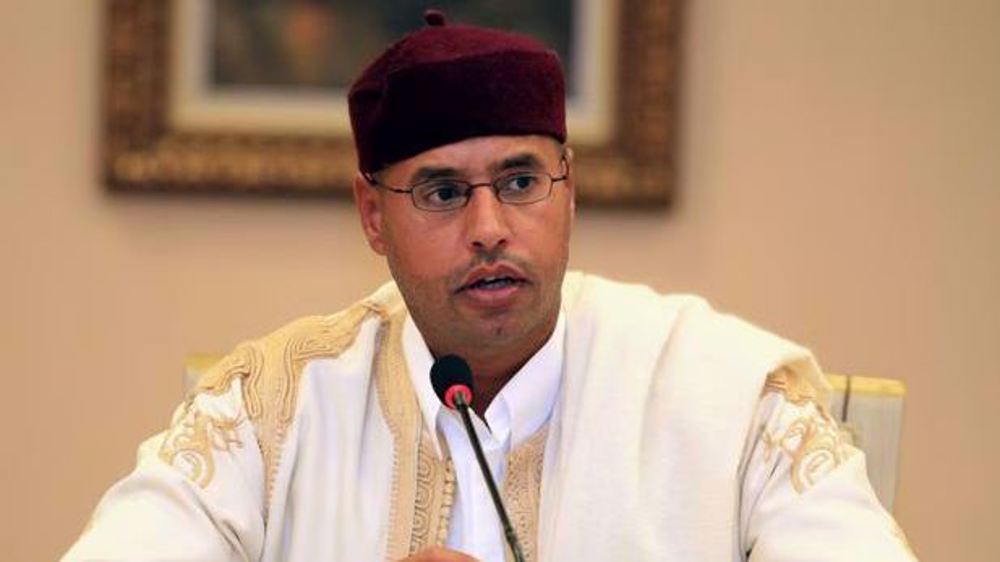
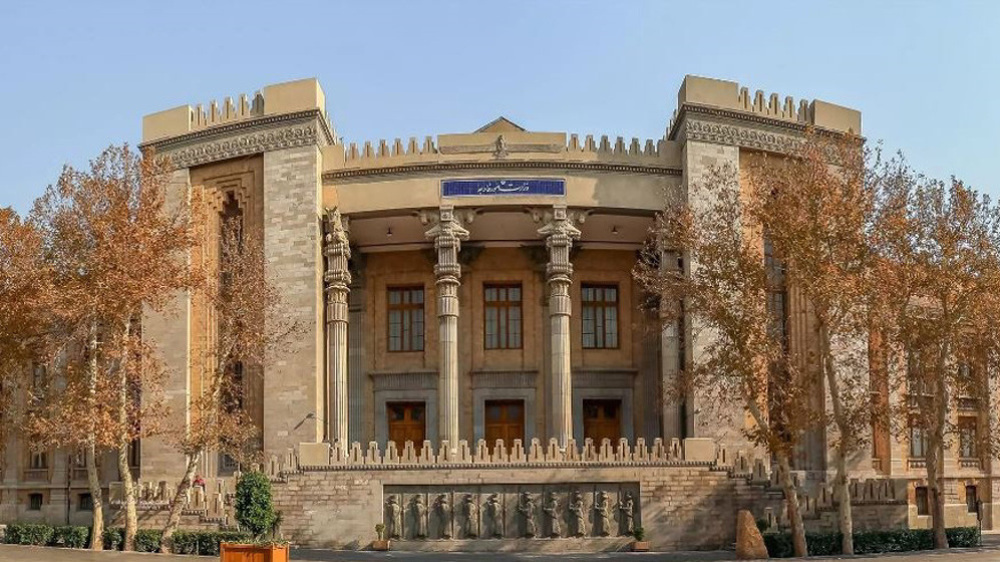



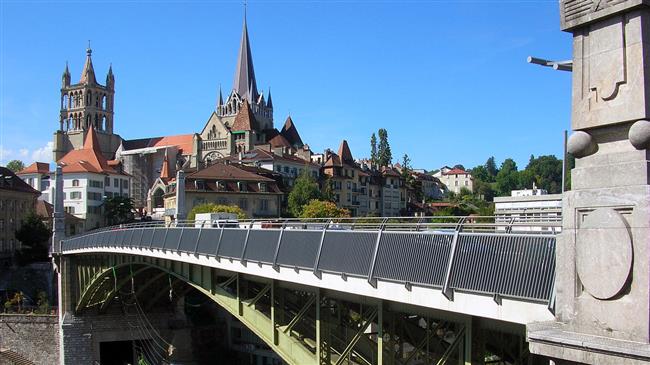
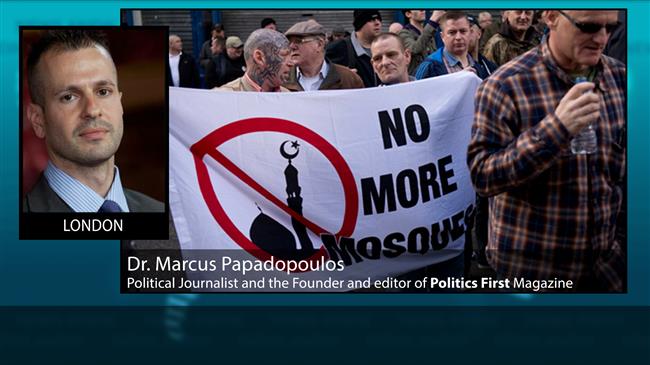
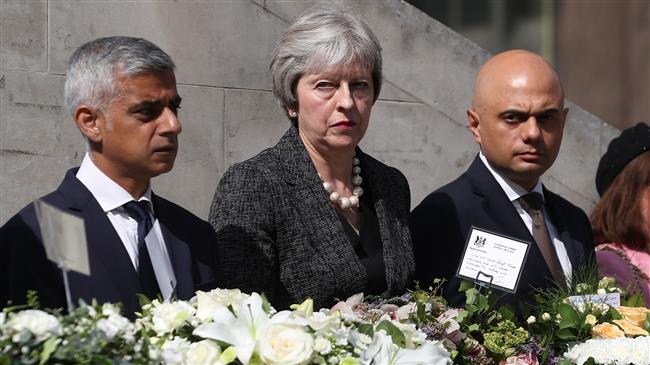


 This makes it easy to access the Press TV website
This makes it easy to access the Press TV website